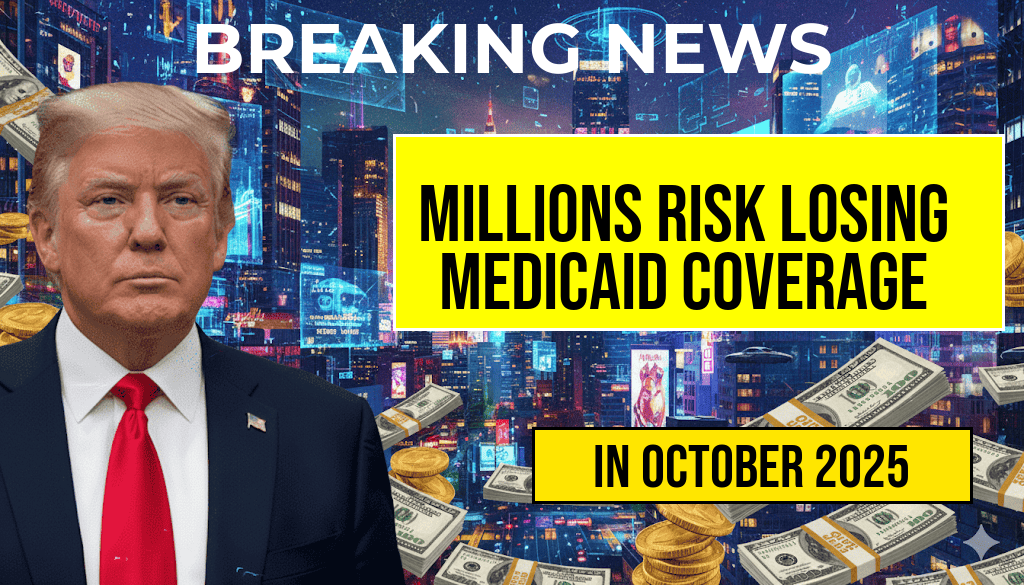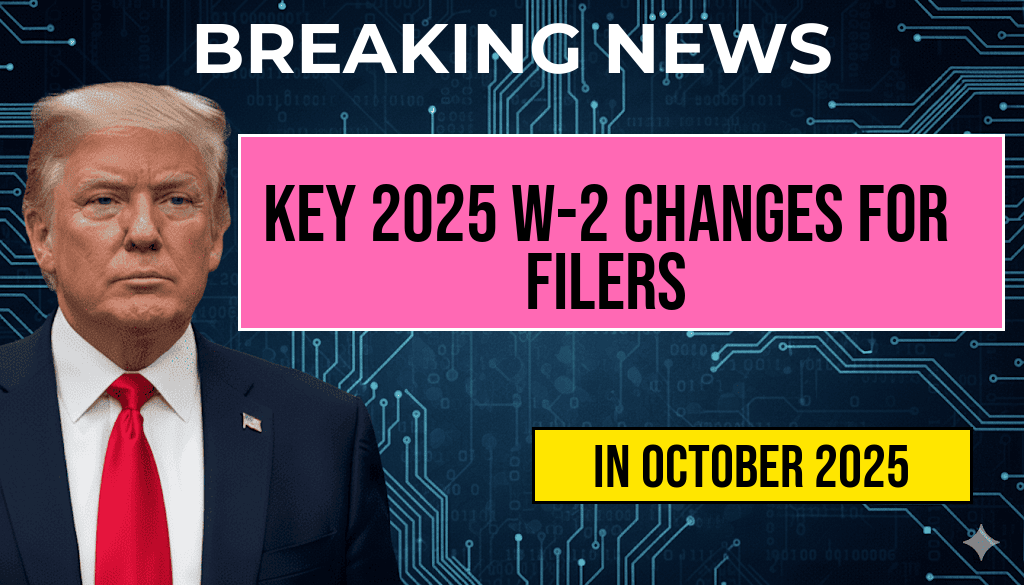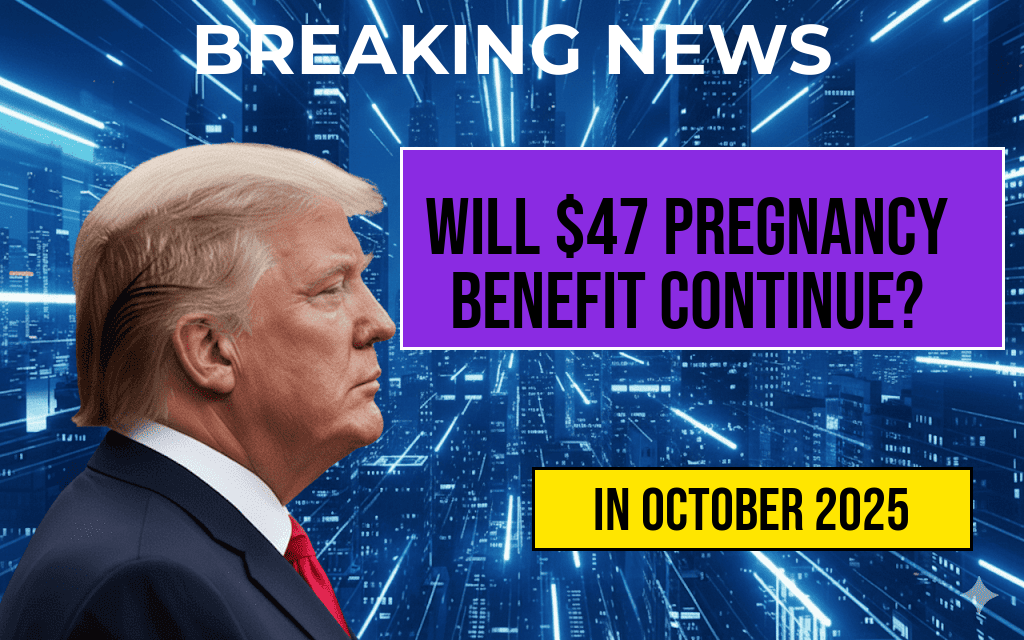As the U.S. grapples with healthcare affordability, a recent report from the Congressional Budget Office (CBO) has raised alarms about millions potentially losing their Medicaid coverage. The CBO’s analysis points to the economic strain caused by unexpected medical expenses, such as a $1,000 emergency room bill, which could push low-income individuals and families out of the program. This situation has sparked concerns among healthcare advocates and policymakers, who warn that without intervention, the fallout could be significant for public health and financial stability across the nation.
The Current State of Medicaid
Medicaid serves as a vital safety net for approximately 85 million Americans, providing essential health coverage to low-income individuals, families, and those with disabilities. The program is jointly funded by federal and state governments, allowing states to tailor their healthcare offerings to meet the needs of their residents. However, the impending changes highlighted by the CBO could disrupt this balance, particularly for those who rely heavily on Medicaid for essential health services.
Understanding the $1,000 ER Bill
The CBO’s warning is primarily linked to the financial implications of unexpected emergency medical expenses. A $1,000 bill for an emergency room visit can be a staggering amount for individuals living paycheck to paycheck. For many low-income households, such a financial burden could mean the difference between maintaining Medicaid eligibility and falling into a coverage gap.
What Triggers Loss of Medicaid?
- Income Changes: If a household’s income exceeds the threshold set by Medicaid eligibility, members may lose their coverage.
- Asset Limits: In some states, accumulating certain assets can trigger the loss of Medicaid benefits.
- Failure to Renew: Missed deadlines for annual renewal can lead to automatic disenrollment from the program.
Potential Consequences of Losing Coverage
The implications of losing Medicaid coverage extend beyond individual health and can impact broader community health outcomes. Without coverage, many individuals may forgo necessary medical treatment, leading to worsening health issues and increased emergency care needs. This can create a cycle of crisis care that strains both healthcare resources and public health systems.
Healthcare Access and Financial Implications
Losing Medicaid coverage can also lead to significant financial strain. Individuals may face exorbitant out-of-pocket costs for medical services, which can push them further into debt. The CBO’s estimates suggest that as many as 14 million people could lose their Medicaid coverage within the next year if current trends continue, exacerbating issues of healthcare access and financial insecurity.
Policy Recommendations to Mitigate Risks
In light of the CBO’s findings, several policy solutions have been proposed to safeguard Medicaid recipients. These include:
- Enhanced Income Thresholds: Adjusting income eligibility thresholds to account for inflation and rising living costs can help keep more individuals covered.
- Streamlined Renewal Processes: Simplifying the renewal process for Medicaid can help prevent unintentional disenrollment.
- Emergency Financial Assistance: Establishing emergency funds or programs to assist families facing sudden healthcare costs can alleviate immediate burdens.
The Role of Advocates and Communities
Healthcare advocates play a crucial role in raising awareness about the risks associated with potential Medicaid loss. Community organizations and non-profits are stepping up efforts to educate individuals about their rights and options under Medicaid, and to push for policy reforms that protect vulnerable populations.
Looking Ahead
As the healthcare landscape continues to evolve, ongoing discussions about Medicaid coverage will be essential. Stakeholders from all sectors must engage in dialogue to find sustainable solutions that prioritize public health and ensure that individuals have access to the care they need without facing financial ruin. The stakes are high, and the CBO’s warning serves as a critical reminder of the interconnectedness of health, coverage, and economic stability.
For more information on Medicaid and its impact on the U.S. healthcare system, visit Medicaid.gov or refer to the CBO report for detailed analysis.
Frequently Asked Questions
What is the main concern regarding Medicaid coverage according to the CBO?
The CBO warns that millions may be at risk of losing their Medicaid coverage, which could significantly impact low-income individuals and families who rely on this program for their healthcare needs.
How does a $1,000 ER bill relate to the Medicaid coverage issue?
A $1,000 ER bill highlights the financial burden that could fall on individuals who lose Medicaid coverage, potentially leading to increased healthcare costs and reduced access to necessary medical services.
What populations are most affected by the potential loss of Medicaid coverage?
The loss of Medicaid coverage primarily affects low-income individuals, children, the elderly, and those with disabilities, who are often the most dependent on this program for affordable healthcare.
What steps can individuals take if they are at risk of losing Medicaid coverage?
Individuals at risk should explore alternatives such as healthcare marketplaces, seek assistance from local advocacy groups, and stay informed about their eligibility for other public assistance programs.
What can be done to mitigate the impact of rising ER bills on those losing Medicaid?
To mitigate the impact of rising ER bills, policymakers can advocate for expanded access to affordable insurance options, increase funding for community health programs, and promote preventive care to reduce the reliance on emergency services.






